LOCAL wildlife conservationists are still watching the movements of North Korea's representative in Harare, Kim Chung Su, amid growing worries about his alleged involvement in poaching syndicates in the country, it has emerged.
Chang Su, is still holed up in Harare purportedly as the DPRK's point-man despite the Ministry of Foreign Affairs having promised to "take action" over eight months ago.
New Foreign Affairs secretary James Manzou through his personal assistant requested questions in writing, but a month later said they were still looking into Chung Su's activities.
"We are still waiting for information from the 'people' who are supposed to look at the issue. We will come back to you," a senior official who cannot be identified because they are no allowed to talk to the media said on Friday.
The DPRK has an embassy in Pretoria, South Africa, from which Chang Su was deported on allegations he had links with the poaching underworld having been arrested in October 2016 after attempting to smuggle ivory fashioned into bangles on a flight from Ethiopia to China.
"His (Chang Su)'s movements remain as murky as ever. It's difficult to tell but it is important that authorities clear things up as quickly as possible," NewsDay heard.
Chung Su's mobile number was answered by a woman who claimed he was no longer in Zimbabwe.
"Mr Chung finished (tour of duty) and he is in another country," the woman who said before terminating the conversation.
Given the growth in tourist arrivals from the Far East, fears abound Zimbabwe's porous entry and exit points could prove a regional weakling.
"We could do better as an industry and there has not been much help from authorities. If we are not careful, Zimbabwe could become a regional hub for poachers. We have seen an increase in visitors from the Far East, especially into Victoria Falls area," a source said adding the Victoria Falls International Airport could be a new conduit.
Zimbabwe Parks and Wildlife Mnanagement Authority spokesperson Tinashe Farawo refused to comment on the matter.
"I cannot say the nationalities of the people who have fallen victim to our campaign, but we are serious about combating poaching. It is a dangerous exercise and our rangers have no choice because if they do not shoot first they will be killed," he said.
According to Farawo, there were 12 armed contacts with poachers resulting in seven fatalities — two foreign and five locals last year alone. There have been three fatalities this year involving one foreigner and two locals.
"Nine black rhinos were killed by poachers this year, while last year we lost 20 white rhinos. This forced us to adopt the shoot to kill policy.
"Last year we recovered 23 rifles and 67 rounds of ammunition. Some 41 foreigners were arrested. We have managed to bust syndicates and as part of efforts to preserve our wildlife we have moved our rhino population to internal sanctuaries away from the border game reserves," said Farawo.
On the other hand, the Safari Operators Association of Zimbabwe (SOAZ) has raised the red flag, warning Africa's endangered rhino population could disappear in the next 20 years.
"The scourge of poaching cannot only be viewed as an issue that is peculiar to Zimbabwe alone, but must be considered in the wider context of a global fight that must be treated as a war against the illicit wildlife trade to be monitored like other global conflicts," the SOAZ said.
It added that consistent demand from Asian markets led by China and Vietnam makes it difficult to track poaching syndicates.
"But expert researchers say the current black-market rate in Vietnam is around $24 000 a kilo. Africa's rhinos could be extinct within 20 years at the rate they are being poached, according to International Wildlife experts and organisations," said the SOAZ. "Rhino horns are highly prized, where they have been known to fetch up to $60 000 (€50 200) per kilo — more than gold or cocaine."
A group of "poachers" reportedly linked to former First Lady Grace Mugabe is currently on trial in Harare for the illicit trade. Grace's cartel was reportedly blown open by a Polish photo journalist who was doing an investigative story which he picked in China.
SOAZ argued: "The rhino campaign in particular and in terms of armed conflict is as intense as any war and the intensity has become high and it is an extremely dangerous job to protect wildlife."
Zimbabwe, according to SOAZ, has not been lagging behind in anti-poaching activity and has among other initiatives adopted at various stages of implementation electronic technologies and other initiatives to counter poaching such as drone technology, DNA tracking of particularly rhino horn, carbon dating products that may have produced after the global ban on ivory trade in 1989.
South Africa was applauded by conservationists for its stance in expelling Chung Su and his colleagues over links to poaching.
- newsday
 Zimbabwe launches new airline
Zimbabwe launches new airline  Hichilema meets Chivayo
Hichilema meets Chivayo  Millions celebrate Diwali festival in India
Millions celebrate Diwali festival in India  SA bitcoin firm mulls Zimbabwe listing
SA bitcoin firm mulls Zimbabwe listing  Gold edges up as traders await guidance
Gold edges up as traders await guidance  Airlink applies for Lanseria to Harare, Bulawayo route
Airlink applies for Lanseria to Harare, Bulawayo route  Young Investment Professional (YIP) Graduate Programme 2019
Young Investment Professional (YIP) Graduate Programme 2019 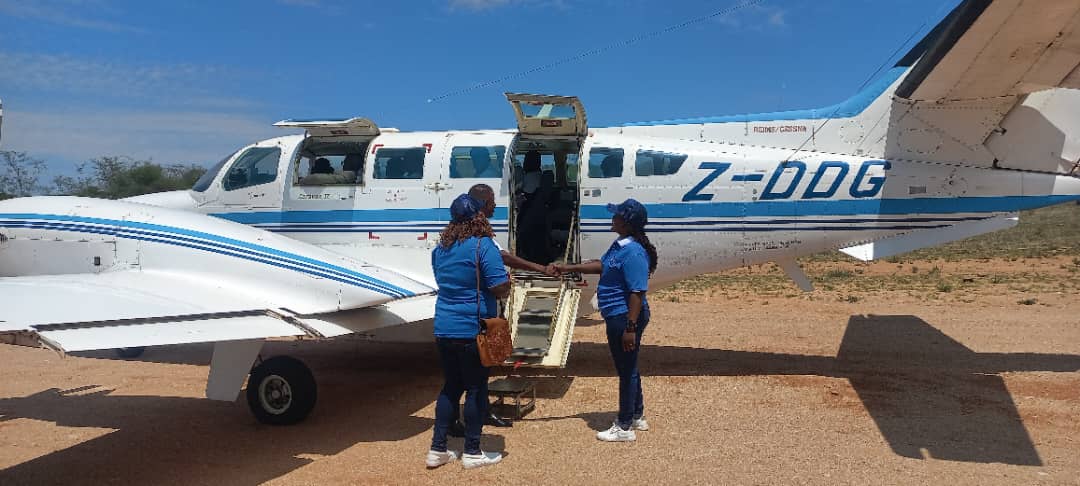

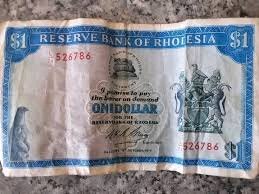
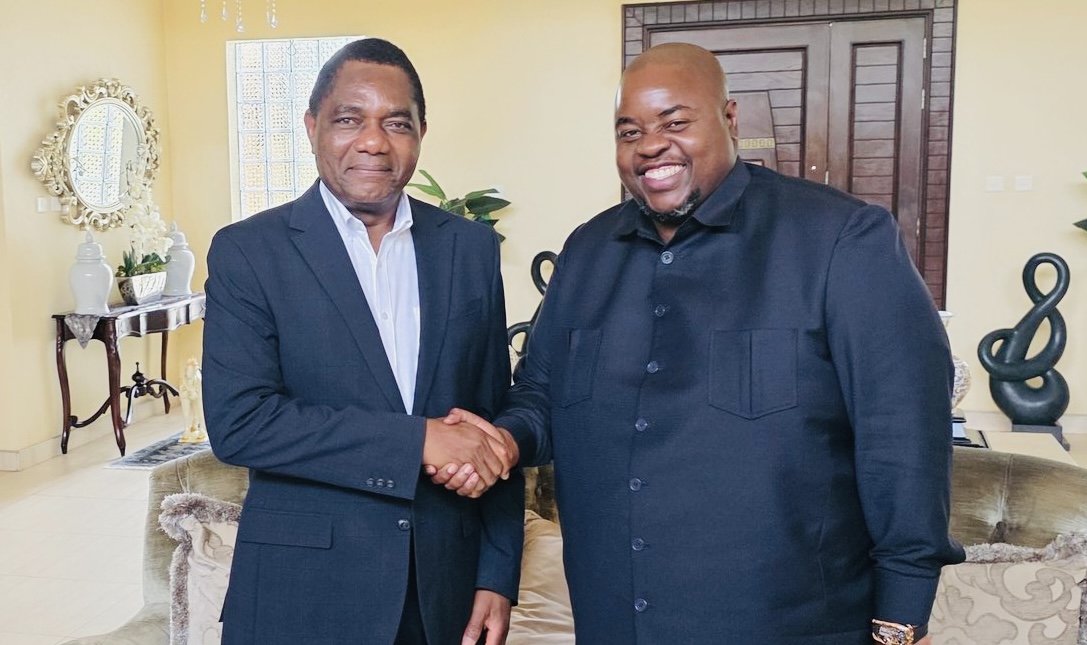
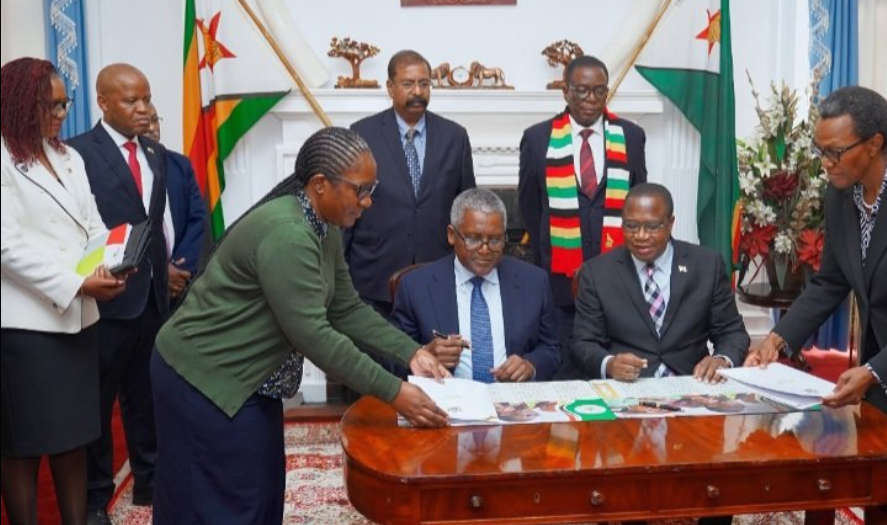
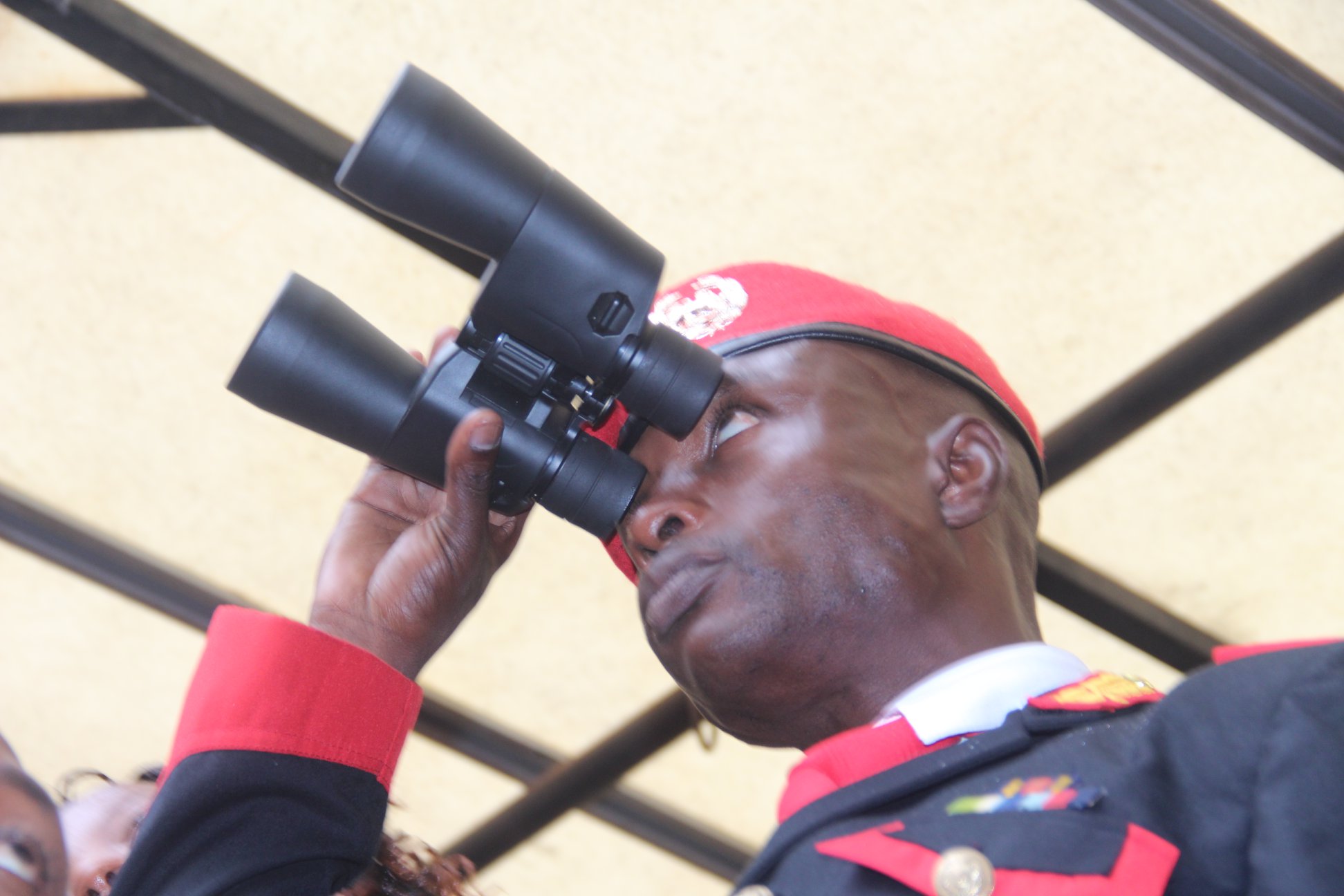

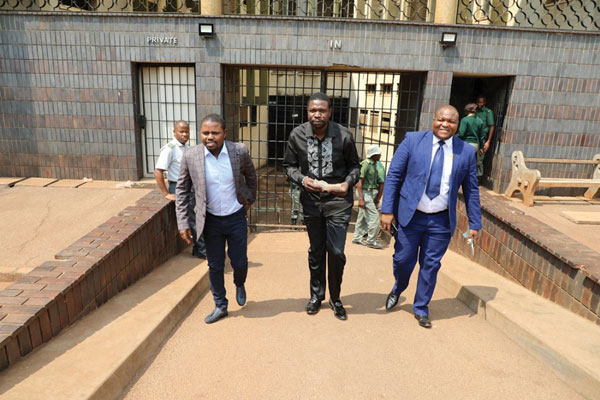
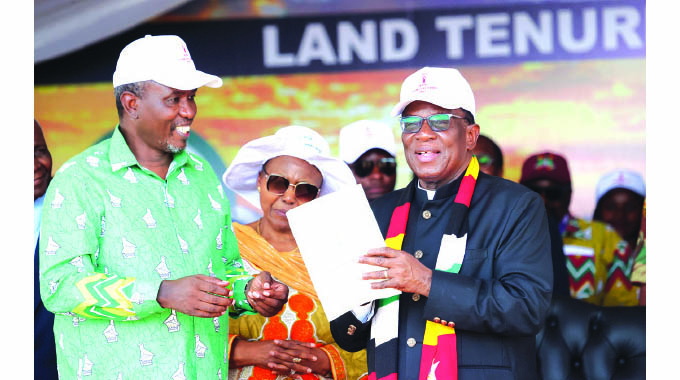
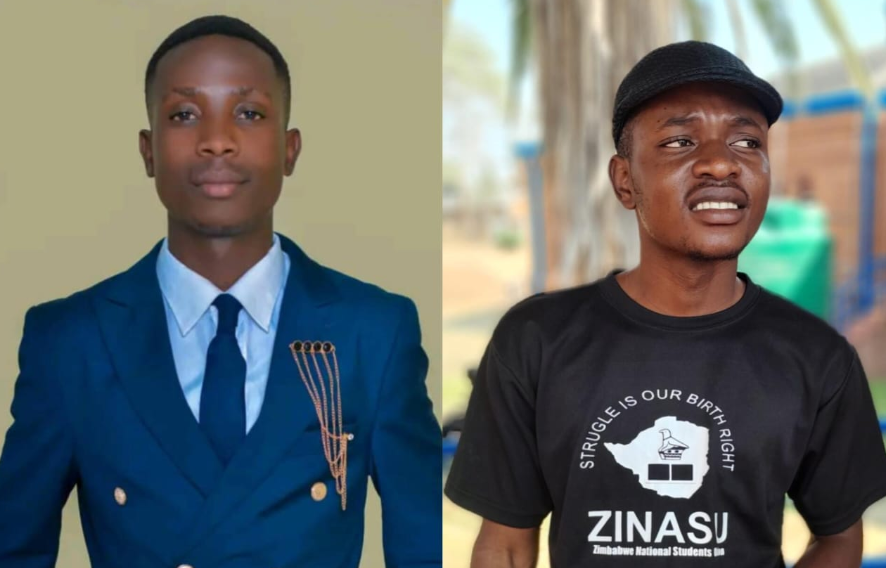

 Young Investment Professional (YIP) Graduate Programme 2019
Young Investment Professional (YIP) Graduate Programme 2019
Editor's Pick